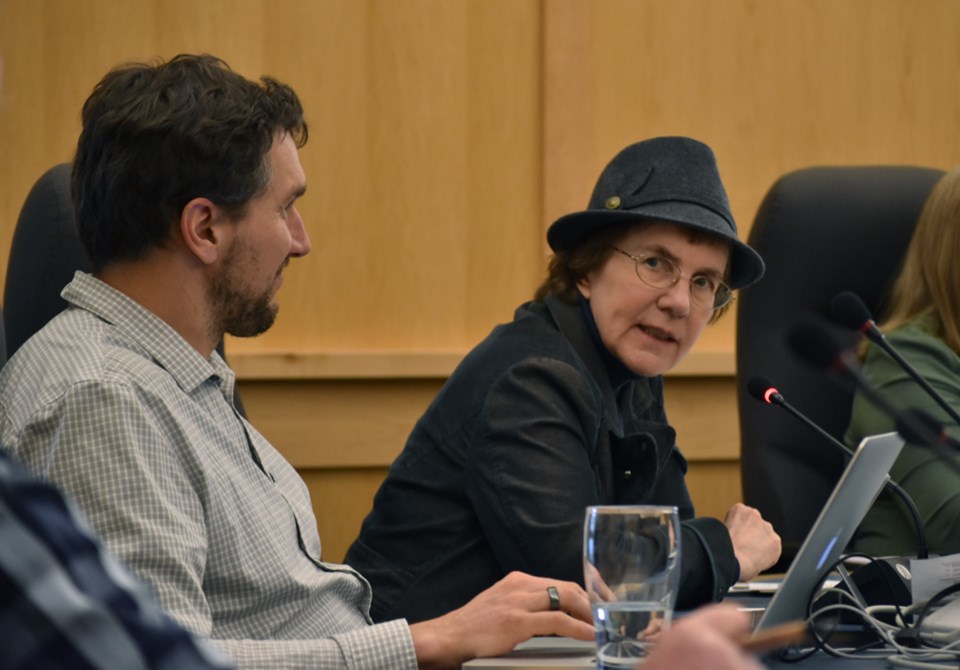After lengthy deliberation, Sunshine Coast Regional District (SCRD) directors decided against using temporary use permits to allow people to manage short-term rentals offsite, opting instead for steep fines to deter noncompliance.
The move would effectively continue to disallow short-term rental accommodations without an on-site operator in the rural areas of the Sunshine Coast, unless owners get permission through a rezoning application.
An earlier set of rules proposed for short-term rentals that went to public hearing last June would have allowed offsite rentals if owners obtained a temporary use permit. The latest decision means a new public hearing will have to be scheduled for the revised rules.
At the Feb. 13 planning and community development committee meeting where the changes were discussed, directors also voted to increase fines to the maximum of $500 to $1,000 per infraction from $150, to deter what staff describe as “party houses” and other infractions.
Roberts Creek director Andreas Tize continued to oppose the use of temporary use permits (TUPs). “I personally think we shouldn’t allow offsite operators, period. It’s a housing issue, it’s a clear directive and it makes things very straightforward,” he said, adding that he is skeptical that people already “flaunting our regulations now” would bother with them. Instead, the first step should be increased fines, he said.
Tize was not alone in his opposition to temporary use permits.
Elphinstone director Donna McMahon said she was “really strongly” opposed to allowing them since “these people are basically running mini hotels and getting away with none of the regulations and one of the taxation.” She said she would reconsider it if business licences were allowed in rural areas of the SCRD. She also urged for immediate action to be taken to raise fines and improve enforcement before the summer.
Mark Hiltz was the sole voting director to oppose the motion, arguing the permits may be flawed, but are “the best that can be done at this point,” and that holding a second public hearing would cause further delay.
Tize, meanwhile,said after the meeting that he did not believe that being an on-site operator of a short-term rental placed him in a conflict of interest on the issue. “I did mention before that I have had a short-term rental in the past and did potentially want to list it again, and I think my wife has put it back again, and I also declared at the time that I don’t think it is a conflict of interest because anybody could do it,” he told Coast Reporter, referring to his disclosure to directors last May that he operated a short-term rental but it had not been rented out since his term began.
With the vote in favour of scrapping the TUPs, a second public hearing is expected to be scheduled after the board gives second reading to the proposed changes, which it is expected to do on Feb. 27.
In last Thursday’s staff report, it was recommended that the board move ahead with the temporary use permits.
The report noted that since TUPs are still a relatively new mechanism used by regional districts, their effectiveness is inconclusive.
In terms of enforcement, the report noted that for short-term rentals without on-site operators the noncompliance rate is about 65 per cent, and that the current fine of $150 “has proven to be too low to be effective, as the profit that can be obtained from a short-term rental is much higher than the fine.”



